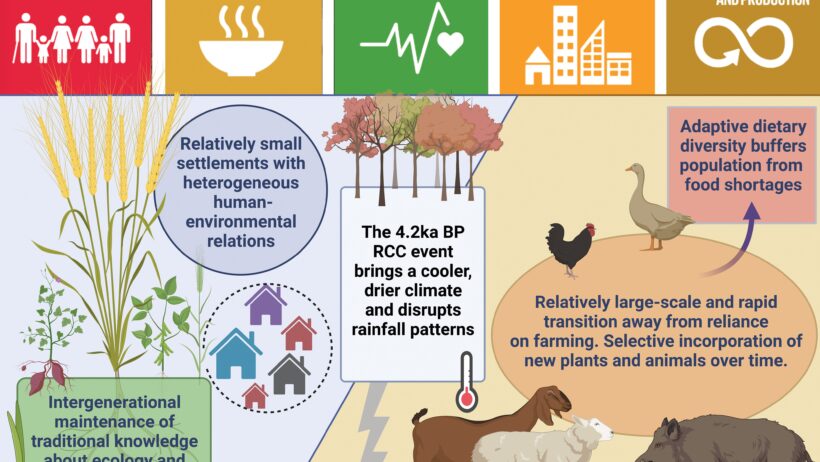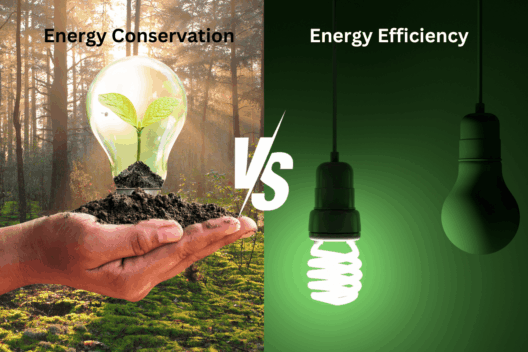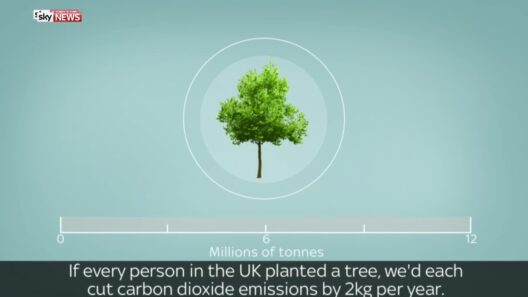Can humanity harness sheer willpower to reverse climate change? This question has burgeoned into a significant discourse, as the planet grapples with the catastrophic consequences of anthropogenic activities. The insights derived from this inquiry delve deep into the nexus of human behavior, environmental stewardship, and the transformative potential of collective action.
At the heart of this debate lies a fundamental reality: climate change is not merely an environmental issue; it is an existential one. The degradation of ecosystems, the perilous warming of our atmosphere, and the resulting social repercussions are intertwined with human choices. These choices have historically favored short-term gratification over sustainable practices, inadvertently propelling us toward an ecological precipice. However, a paradigm shift grounded in willpower, innovation, and resilience offers a glimmer of hope.
To elucidate this transformative potential, it is crucial to comprehend the underlying mechanisms driving climate change. The burning of fossil fuels, deforestation, and unsustainable agricultural practices are the trifecta of human activities fueling greenhouse gas emissions. Logically, reversing these trends requires a concerted effort to redefine our relationship with the environment. This redefinition hinges on an enlightened perspective that prioritizes ecological integrity over individual convenience.
A compelling argument in favor of willpower stems from the historical precedents of collective social mobilization. Movements that have spurred monumental shifts in societal norms exemplify the synthetic power of human resolve. Take, for instance, the civil rights movement, which showcased how tenacity could dismantle systemic oppression. Similarly, a concerted effort focusing on environmental justice can galvanize populations toward embracing more sustainable practices. From community-led reforestation projects to initiatives promoting renewable energy adoption, such actions epitomize the potential of human conviction.
Furthermore, technological innovation stands as a crucial ally in this endeavor. Humanity has demonstrated an unparalleled ability to innovate; whether through developing carbon capture technologies, alternative energy sources, or sustainable manufacturing practices, the ingenuity of the human spirit is boundless. However, willpower alone must propel these innovations into widespread adoption. The transition to sustainable technologies demands not just breakthroughs in science, but a perceptual shift facilitated by public demand and policy transformation.
Consider the rising consciousness surrounding electric vehicles (EVs). Initially met with skepticism, EVs have garnered a formidable following as consumers exhibit greater environmental awareness. This shift has motivated automakers to pivot their manufacturing focuses, indicating how consumer willpower can shape corporate practices. The burgeoning market for sustainable alternatives is a testament to how consumer preferences can drive substantial environmental change. Nonetheless, the transformative impact requires a critical mass of public commitment to eschew fossil fuel dependence.
Yet, the endeavor of reversing climate change is inexorably complex. Skeptics often argue that the responsibility cannot rest solely on individual or collective willpower. Economic, political, and social frameworks play an intricate role in either facilitating or hindering progress. These systems often entrench environmentally detrimental practices, whether through subsidies for fossil fuel industries or regulatory leniency on polluting entities. Thus, effective change transcends mere individual action, mandating systemic reform alongside grassroots efforts.
Moreover, the concept of interdisciplinary collaboration cannot be overlooked. By integrating insights from diverse fields—such as psychology, economics, and environmental science—we can cultivate multifaceted strategies to incentivize sustainable behavior. Behavioral economics, for example, offers profound insights into how nudges and incentives can reshape choices. A society that understands and leverages these principles will possess greater tools in fostering widespread adoption of environmentally friendly habits.
Indeed, education serves as a cornerstone in this complex endeavor. Fostering a generation endowed with environmental literacy equips individuals with the knowledge necessary to make informed decisions. Schools, communities, and families must prioritize teaching sustainable practices, allowing future generations to inherit a legacy of stewardship rather than depletion. By cultivating an ethos of responsibility from an early age, society can embody the willpower requisite for monumental environmental transformation.
On a psychological level, the human capacity for change is profound yet often undermined by apathy or despair in the face of overwhelming statistics. It is incumbent upon advocates and leaders alike to illuminate pathways forward, emphasizing that actionable steps—however modest—can usher in significant results. Engagement in local environmental initiatives or reducing personal carbon footprints, for example, can instill a sense of agency that galvanizes further action.
In summary, can we reverse climate change with human willpower alone? The answer is a resounding partial yes. Collective will, as evidenced by historical movements and current sustainability trends, has the ability to catalyze meaningful change. However, it operates best in concert with systemic support, technological advancements, and educational initiatives. It is imperative to foster an awareness of our interconnectedness with the environment, inspiring a harmonious coexistence with the ecosystems that sustain us.
Ultimately, the fight against climate change is not merely about individual actions or technological solutions; it embodies an evolution of consciousness. Moving forward, we must embrace this opportunity for transformation with determination and an unwavering commitment to our planet. By harnessing our collective willpower, we can pave a sustainable future, one where ecological balance is restored, and the fundamental tenet of coexistence is upheld.








